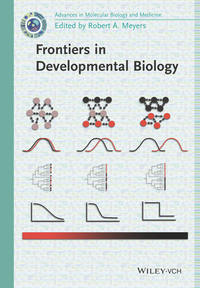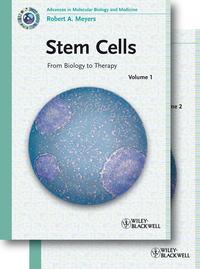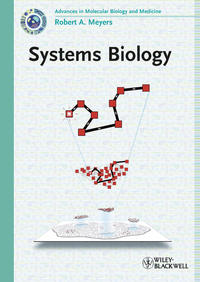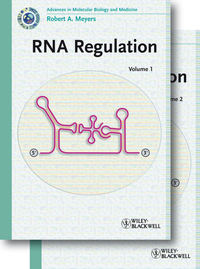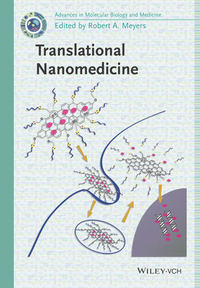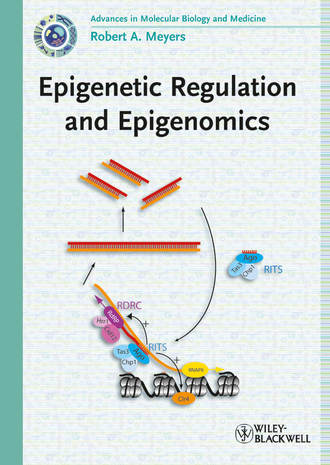
Полная версия
Epigenetic Regulation and Epigenomics
Epigenetics is a term in biology referring to heritable traits that do not involve changes in the underlying DNA sequence of the organism. Epigenetic traits exist on top of or in addition to the traditional molecular basis for inheritance. The «epigenome» is a parallel to the word «genome,» and refers to the overall epigenetic state of a cell. Cancer and stem cell research have gradually focused attention on these genome modifications. The molecular basis of epigenetics involves modifications to DNA and the chromatin proteins that associate with it. Methylation, for example, can silence a nearby gene and seems to be involved in some cancers. Epigenetics is beginning to form and take shape as a new scientific discipline, which will have a major impact on Medicine and essentially all fields of biology. Increasingly, researchers are unearthing links between epigenetics and a number of diseases. Although in recent years cancer has been the main focus of epigenetics, recent data suggests that epigenetic plays a critical role in psychology and psychopathology. It is being realized that normal behaviors such as maternal care and pathologies such as Schizophrenia and Alzheimer's might have an epigenetic basis. It is also becoming clear that nutrition and life experiences have epigenetic consequences. Discover more online content in the Encyclopedia of Molecular Cell Biology and Molecular Medicine.



